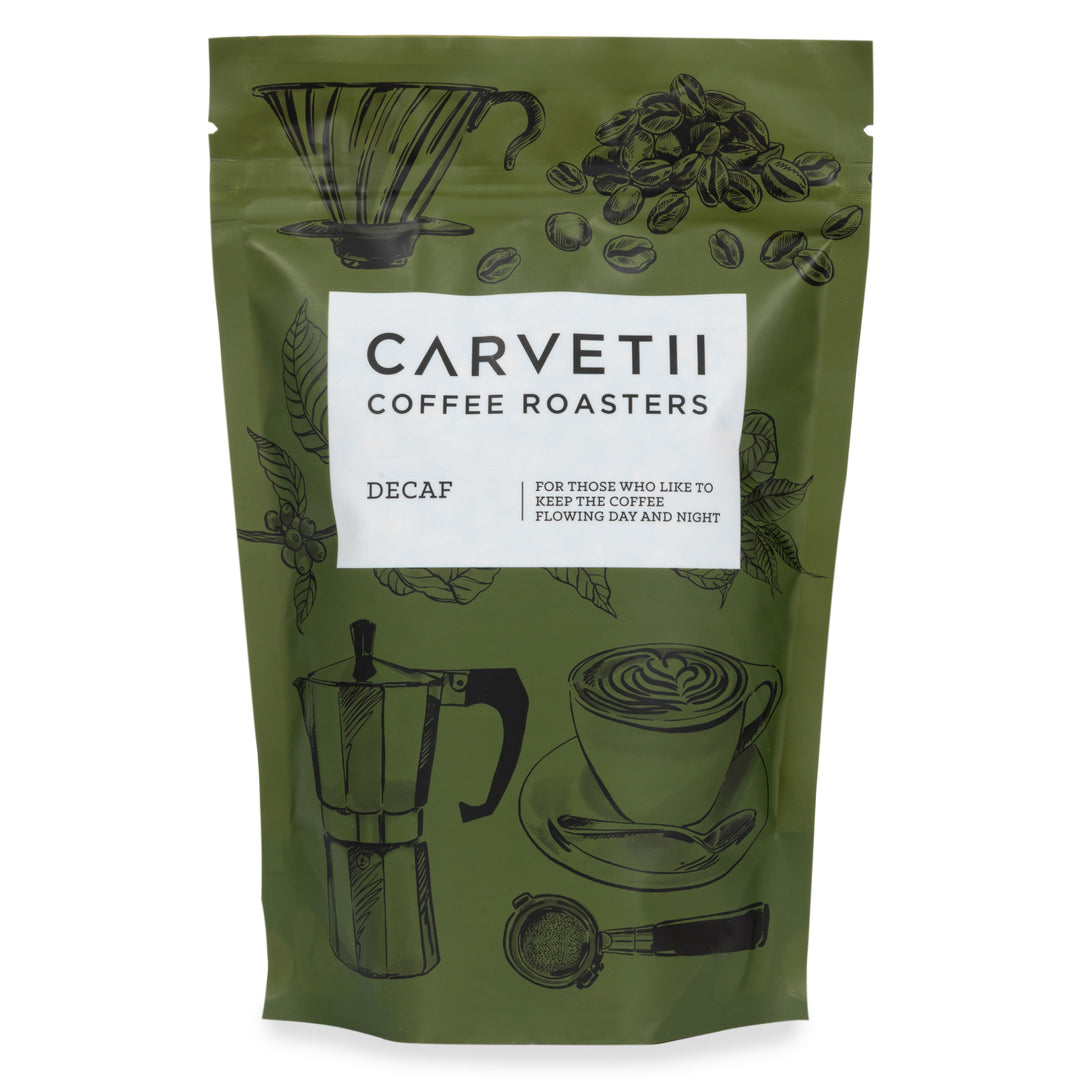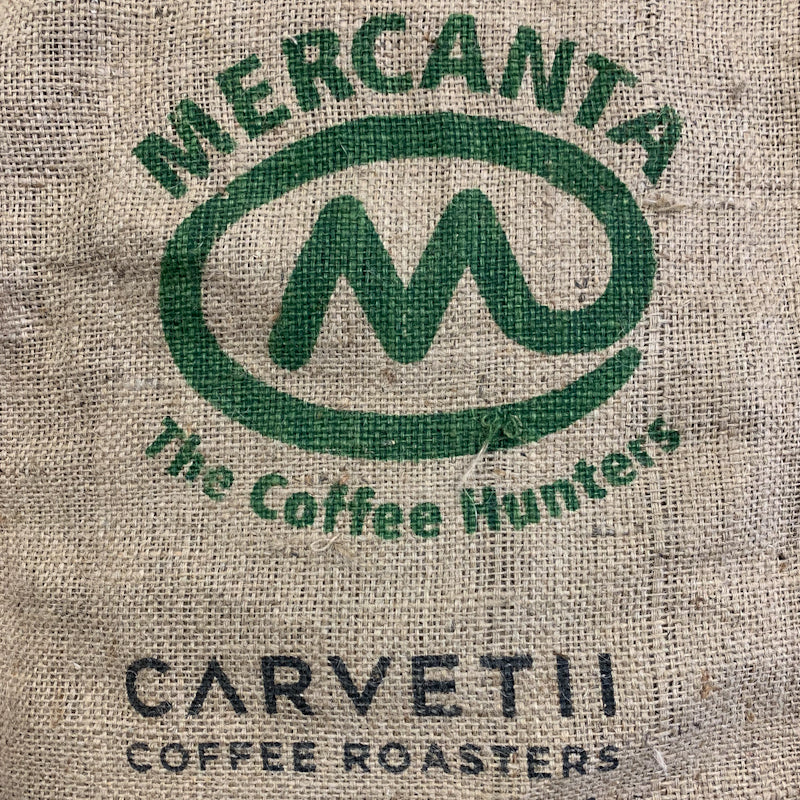
Decaf 250g
Decaf 250g
Regular price
£1295
£12.95
/
The rolling hills of Minas Gerais and delicate climates make it an ideal place to grow coffee in Brazil. This is where the region of Pocos De Caldas is situated and is home to a collection of coffee producers who have been growing coffee since 1860.
Expect flavours of Chocolate, Dried Fruit and Caramel.
This coffee has been decaffeinated using the Ethyl Acetate(Sugarcane) method - see below for more details.
- In stock, ready to ship
- Backordered, shipping soon
- Collection available




